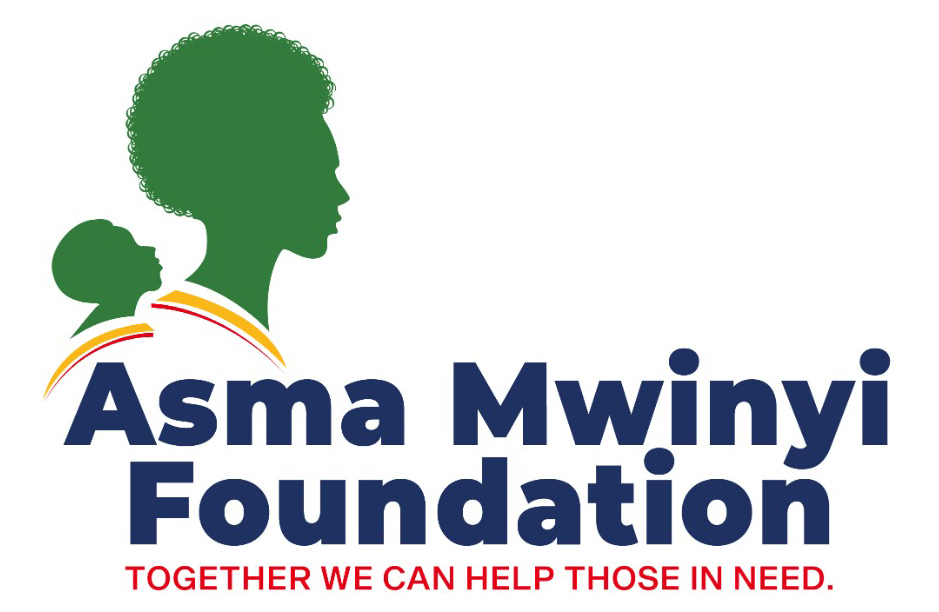
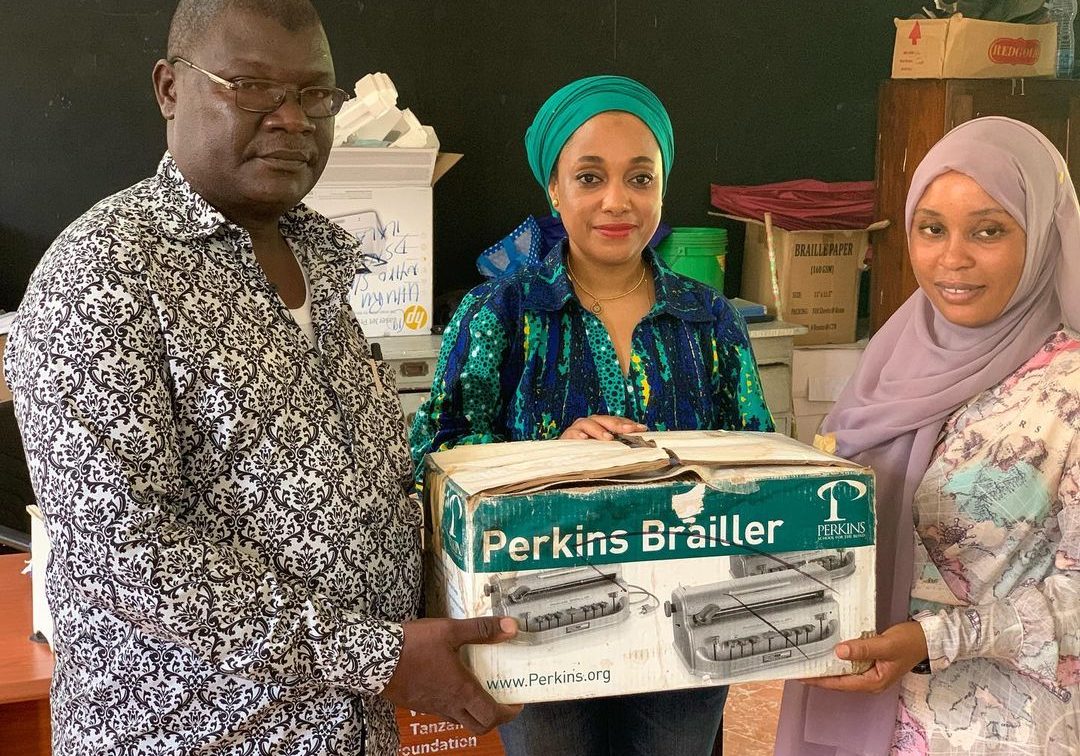
What we do ?
Provide support to girls and women towards the attainment of their social and economic development at the highest possible standard in the context of education, health, and other community development programmes.
Building
Facilitate
Promoting
Working
Building an educational endowment for girls and women.
Facilitating clean, safe water and sanitation services to the rural and poor urban communities.
Institute active community capacity building programmes
Working with key stakeholders in local government, private sector, and international organizations to raise philanthropic support to meet our strategic goals.
Promoting health services to girls and women.
Promoting human rights for girls and women.
Supporting sustainability life for orphans and widows.
Raising philanthropic support to establish an endowed general fund that will provide unrestricted income to address a wide variety of community needs as they arise, as part of AMF's strategic goals.
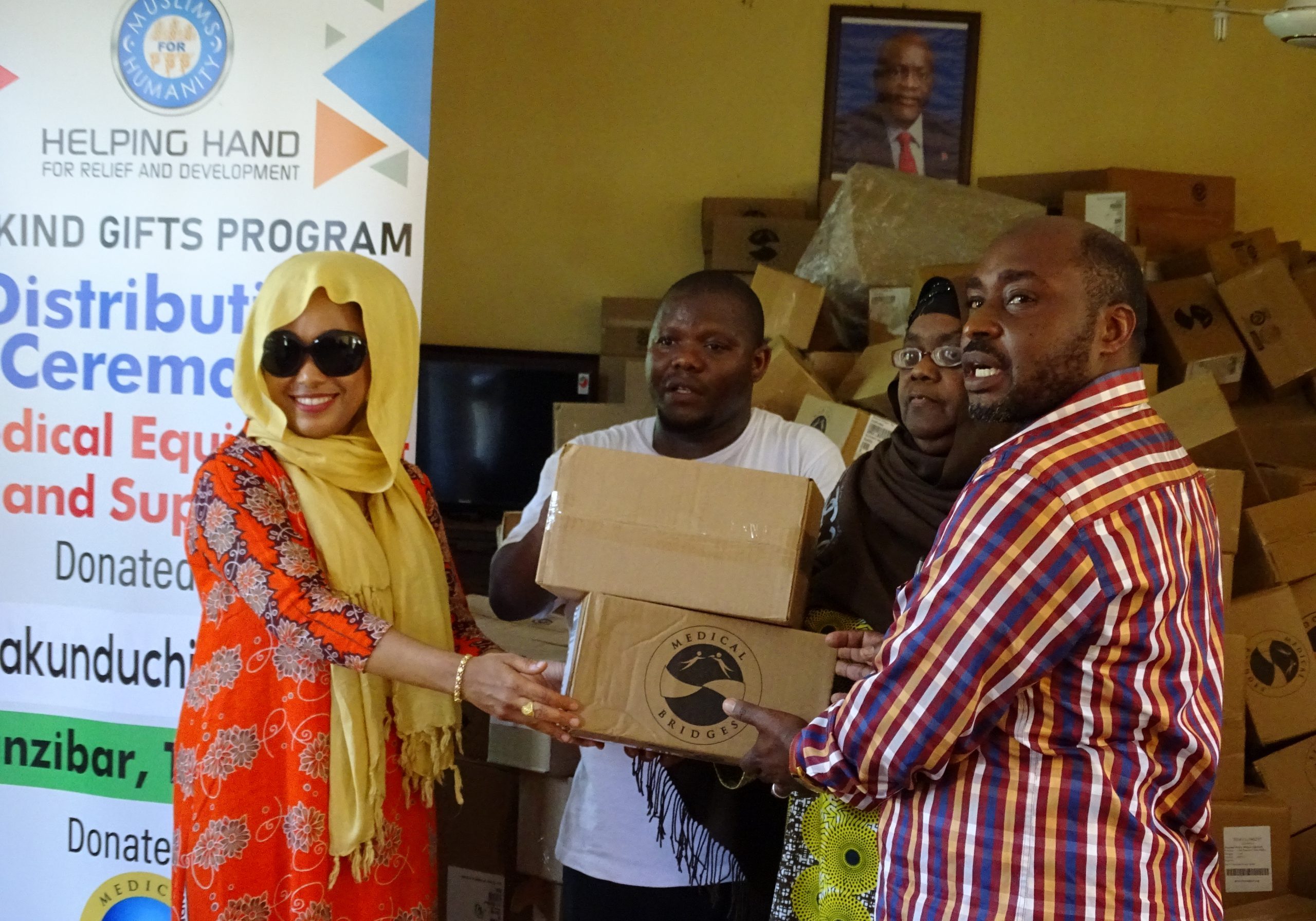
One Health One Heart
he World Health Organization (WHO) defines health as a state of complete physical, mental and social well-being and not merely the absence of disease or infirmity. Poor health and poverty are correlated and interdependent. AMF works to ensure that sustainable healthcare solutions are available to women and girls in communities while also working to combat female genital mutilation and advocating for policies to ban early-age marriages and early pregnancies.
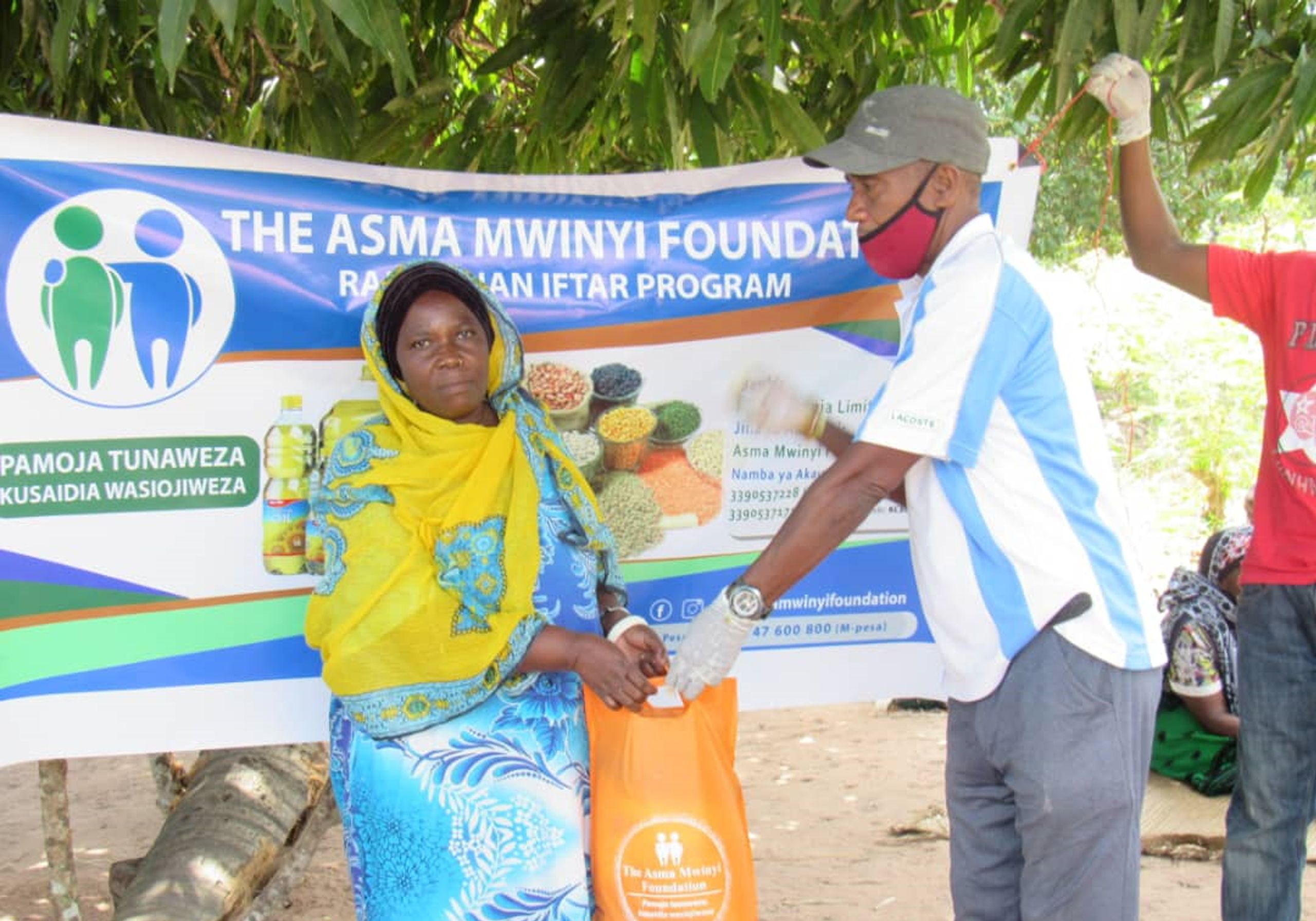
Food Insecurity
Addressing the basic needs for food provision in underprivileged communities in Tanzania.Food security (target to achieve the UN SDG Goal 2 - Zero Hunger.
Aiming to provide basic food for survival such as bread, rice, beans, wheat, etc. to women and their families as well as training them on the importance of a nutritious diet.
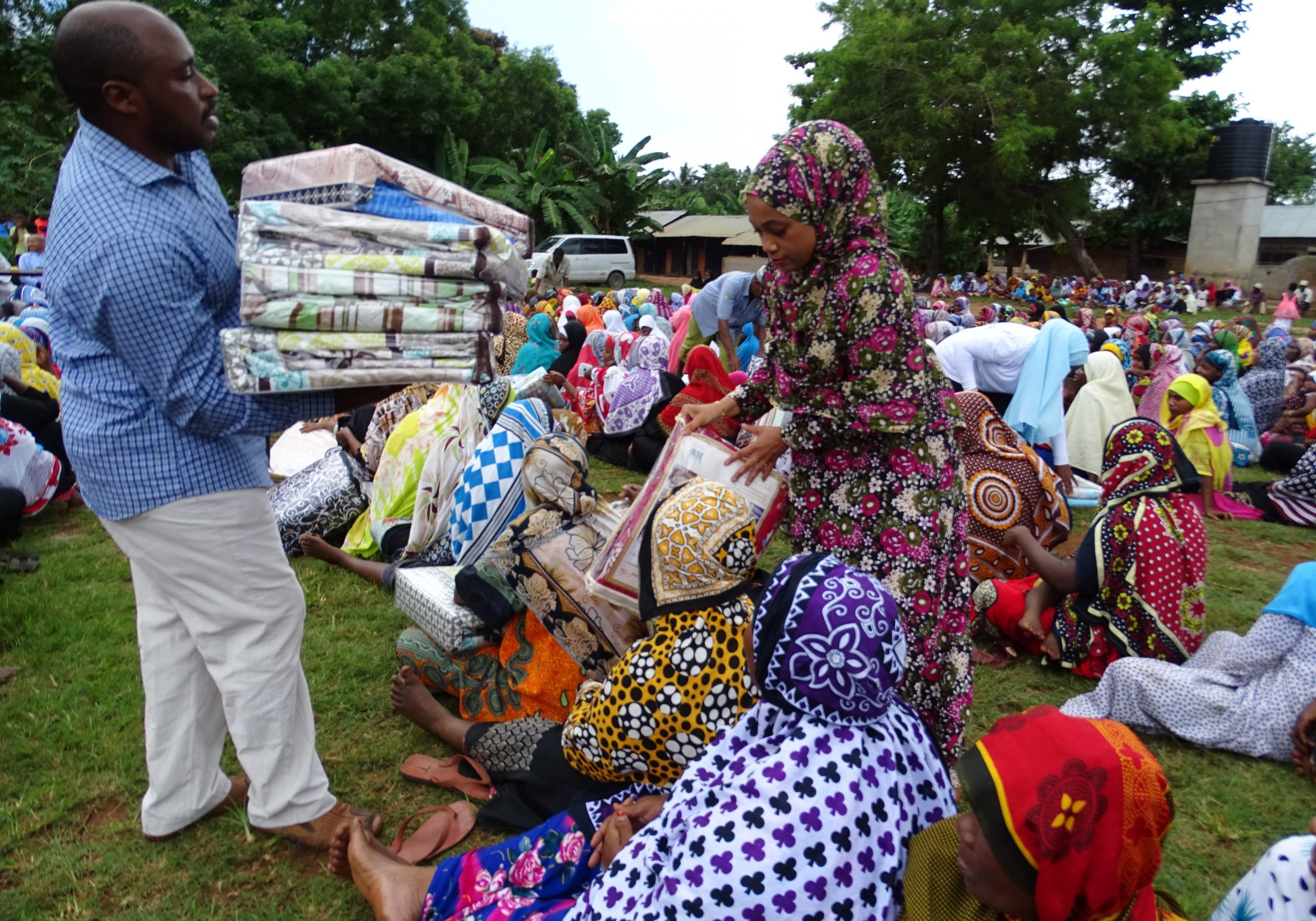
Women Empowerment
(Target to achieve the UN SDG Goal 5 - Gender Equality).
Educative and informative community programmes constitute one of the key concerns for AMF, which strongly places emphasis on capacity building, focusing on improving and promoting the potentials of women as a driver to behavior change concentrating on major issues
affecting girls and women
Education is an important tool for poverty reduction. Most learning institutions at the community levels starting from pre-primary, primary, and secondary schools consist of poor infrastructure, inadequate sanitation, and lack of facilities. These factors contribute to the spread of diseases such as dysentery, bilharzia, and many other water-borne diseases, especially in underdeveloped communities where illiteracy still exists.
AMF has a strong administrative management team, which is one of its core strengths. Major decisions made by our Board are mandated and directed to the Executive Director for the follow-up to make diligent decisions and report back to the Board of Directors. Although the Board is currently all working on a voluntary basis, it still operates efficiently with limited bureaucratic and unnecessary delays in the implementation of its activities.
